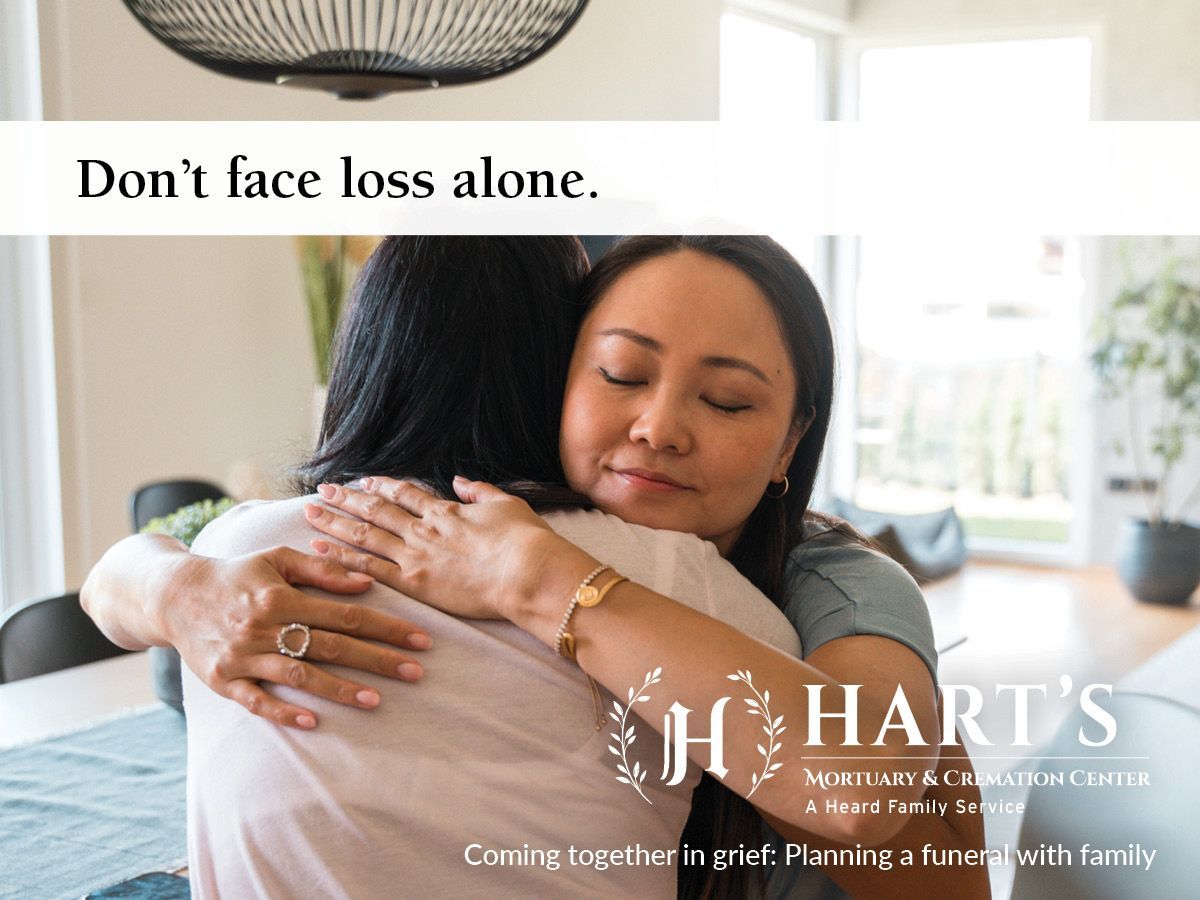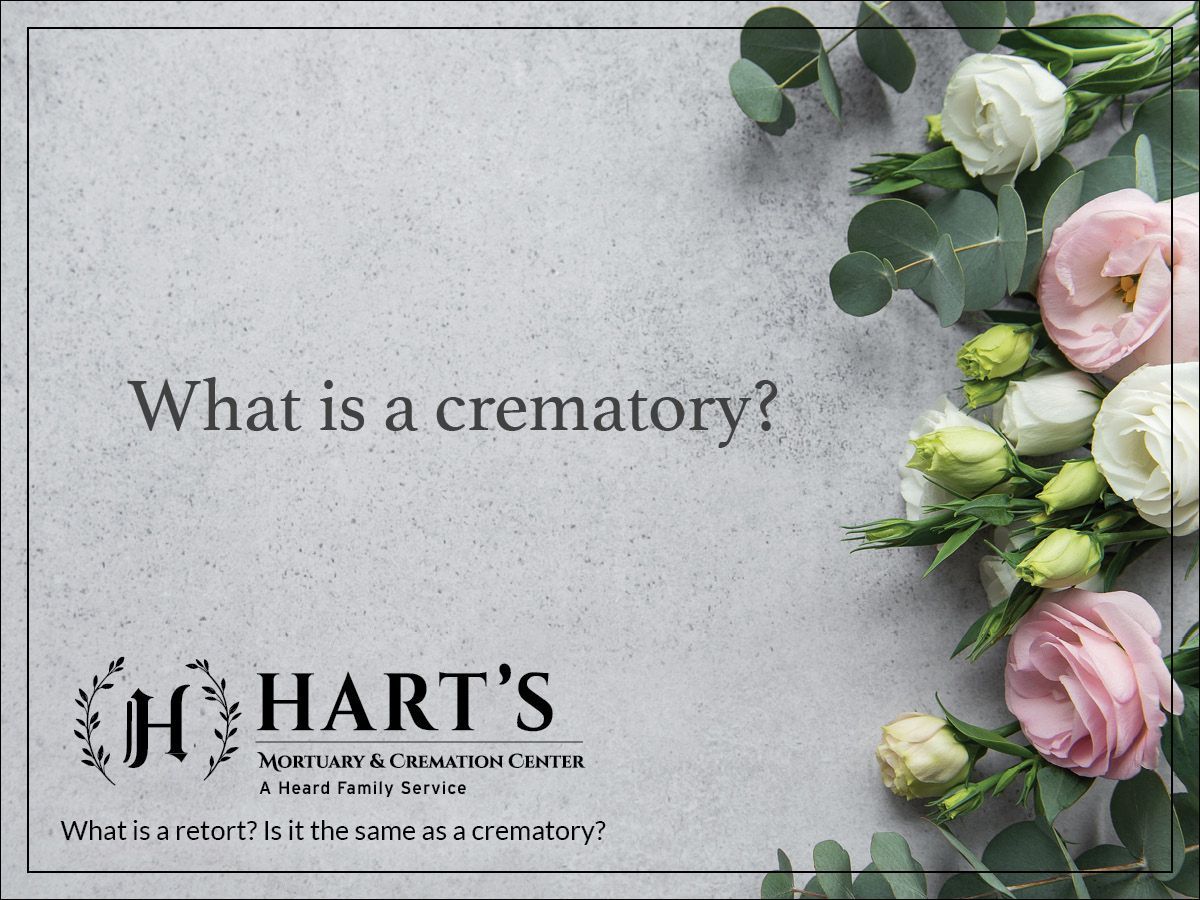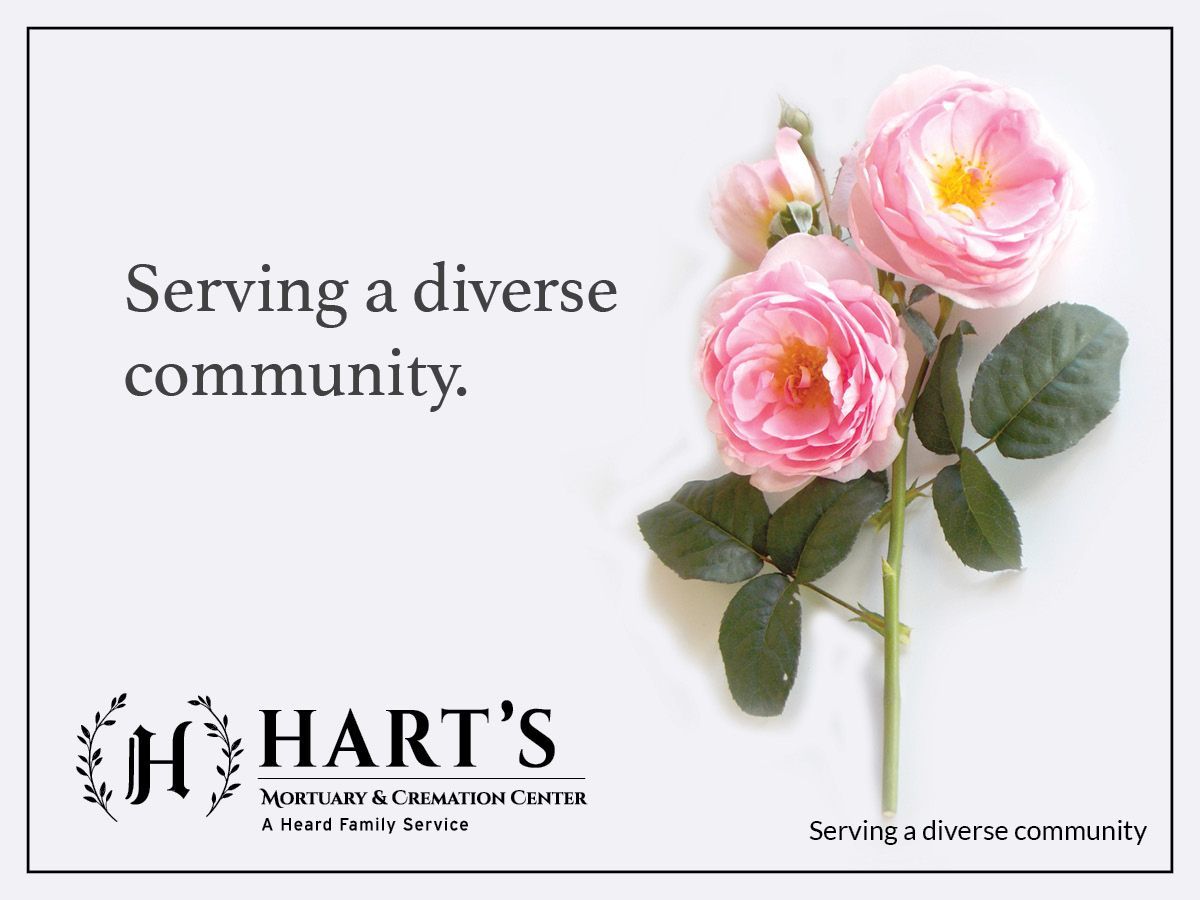Moving After a Spouse Dies?
May 3, 2019
One of the realities of losing a spouse or a parent is the impact that event has on living arrangements. Are we living in the “right” place? Is the house too big? Is it too far away from family? Will my surviving parent be safe where they live? Should I move to be closer to mom or should mom move closer to me? These are tough questions and they come at a time when emotions are running so very high. They also come at a time when income has likely decreased, perhaps requiring a change be made sooner rather than later. Conventional wisdom says wait at least a year before you make any big changes to your living situation, but the reality is waiting a year may not be financially possible. If you are able to slow down and let the dust settle a bit, that is no small blessing. Really, it all boils down to three considerations: happiness, safety, and finances. The surviving spouse needs to be in a place that not only works financially, but also is safe and happy. You are going to need to use both your rational mind and your emotions if you are to make the best decision. On the face of it, the financial consideration seems to be the trump card. After all, you have to be able to afford where you live. However, it is not always that simple. When the happiest place is affordable but not the most frugal choice, then maybe happy trumps financially smart? Decisions based on both emotion and rational thought are usually the best decisions. That emotional happiness factor also impacts the safety issue. Perhaps the safest living arrangement isn’t going to be a happy situation? In that case, put your rational mind to work on finding a way to make the happy place safer. You have to find the best fit answer for your family. As you are weighing those three considerations, resist the temptation to base the decision on what you think may happen or will happen down the road. Consider the wisdom of making decisions in the present, based on present circumstances. So, if dad is safe, happy and can afford to stay in his present home maybe no change is necessary … for now.

Finding the right words to express your feelings during such a deeply emotional time can feel daunting, and there is often a fear of saying something that might inadvertently cause more pain. We want to reassure you that your efforts to convey sympathy and your decision to be present are already profoundly supportive.

Planning a funeral is undoubtedly one of the most challenging experiences anyone can go through. It's a time filled with sorrow and an overwhelming list of decisions to make—ranging from selecting the final resting place to choosing the music, food, and flowers. In these moments, you might find yourself caught between

The world of funeral homes can be filled with unfamiliar terminology, and keeping track of it all gets confusing. Talking about cremation is no exception. So, what does it mean when someone says that they’re going to a crematory? What about a retort? Are those the same thing? Let’s break down the difference between the

Funerals are very personal ceremonies. They’re often also religious and cultural occasions, filled with rites and traditions that fit the unique heritage of the person being honored. As the diversity in the United States has continued to increase over the decades, funeral homes have learned to create meaningful service

Not everyone preplans their funeral, but doing so is a gift to your loved ones. By doing so, you’re allowing your family to grieve in peace without having to worry about the hundreds of decisions that accompany the funeral-planning process. You’re also giving your family peace of mind by telling them your wishes for yo












